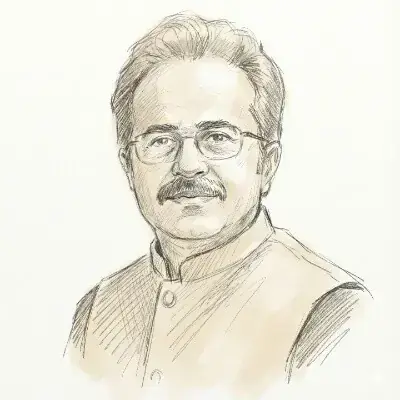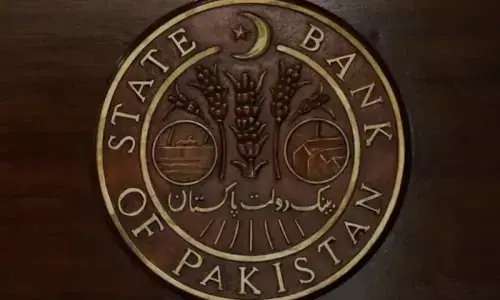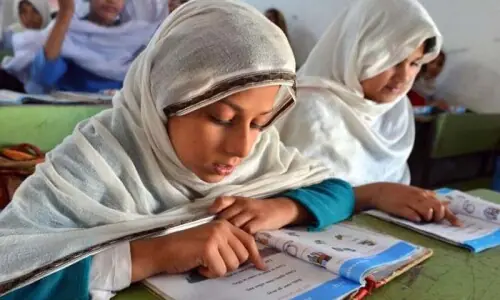ISLAMABAD: PTI founding chairman Imran Khan has challenged his convictions in the cipher and Toshakhana cases in the Islamabad High Court (IHC).
Former foreign minister Shah Mehmood Qureshi, who was a co-accused in the cipher case, has also moved IHC against his conviction.
Barrister Syed Ali Zafar has filed Mr Khan’s appeals against his conviction. Another appeal against his conviction in the iddat case will be filed today (Saturday).
Earlier, it was reported that the PTI’s legal team, headed by Mr Zafar, was preparing the appeals against the conviction of Mr Khan and his wife Bushra Bibi, and they were likely to be filed in a couple of days.
However, PTI leader Sardar Latif Khan Khosa told the media on Friday morning that the appeals have been filed.
Mr Khosa’s announcement led to some confusion since the appeals weren’t filed till then, and the IHC registrar inquired about it from Barrister Zafar.
Talking to Dawn, Barrister Zafar called it “an embarrassing situation for me” and said he was finalising the appeals when he received a call from the high court to file them.
He clarified that Mr Khosa was not a lawyer in these appeals and should refrain from making “premature announcements”. The appeals focused on depriving Mr Khan of the right of defence as per the law.
The appeal pointed out that the arrest and remand hearing on August 16, 2023, took place in the “most objectionable, clandestine, and secretive manner”.
“The proceedings were hurried through by the court [at a] breakneck speed for reasons known only to the court itself … and [the] trial was concluded in less than 20 days.”
The appeal stated that the defence counsel cross-examined four prosecution witnesses, and the case was adjourned for Jan 25 when a counsel appeared before the IHC and another had to rush to Lahore for dental surgery.
The case was then adjourned till Jan 27 when the judge appointed state counsels for Mr Khan and Mr Qureshi. The accused strongly objected to “these so-called state counsels without their consent but to no avail”.
The second appeal against the Toshakhana reference filed by NAB claimed that the proceedings were conducted in violation of the fundamental right to a fair trial.
Mr Khan and his spouse and their legal counsels extended full cooperation to the court, but the accountability court Judge Mohammad Bashir on Jan 29 “suddenly and illegally” ended the appellants’ right to cross-examine the prosecution witnesses.
The appeal stated that the lead counsel for Mr Khan and his wife, Sardar Latif Khan Khosa, was contesting the election and had already sought a general adjournment from the Supreme Court and high courts, but the trial court refused his request.
The alternate lawyer, Zaheer Abbas, was also not allowed enough time to prepare his arguments “since the court was under some undue pressure to decide the case before Feb 8, 2024”, the appeal claimed.
On Jan 30, a defence counsel sought restoration of cross-examination right, but it was not granted. The judge then adjourned the hearing till Jan 31 when he announced the judgement without even recording the statements of Mr Khan and his spouse under CrPC Section 342.
Published in Dawn, February 17th, 2024

































